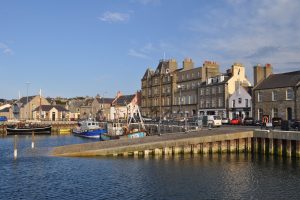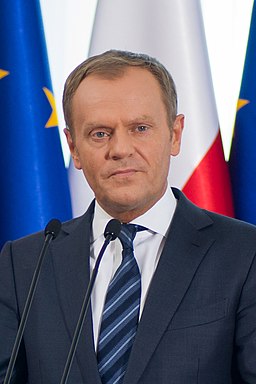It has been more than thirty years since the German reunification but the recent European parliament election once again makes it very clear that there still exist two Germany when it comes to politics.

In nearly all of the geographical parts that once made up the east German state, the Alternative für Deutschland party now is the largest party in terms of votes. In fact, the only outliers from this pattern are Berlin, Potsdam city center and its surrounding land district, the district of Eichfeld which borders the “west Germany”, and the three Thuringian city centers of Erfurt, Weimar and Jena.
At the same time, there is not a single election district in the old west Germany where AfD is the party with the largest share of the vote. Here, that party is instead almost everywhere the Christian-democratic CDU – or in Bavaria its sister party CSU – with a few city center exceptions where the Greens or in some even fewer cases the Social Democratic Party comes out on top.
In addition, it is also worth noting that in the eastern parts a not insignificant number of voters chose to give their vote to the new Bündnis Sarah Wagenknecht, a break-away from the Left party, while the same BSW in the western part garnered much lower numbers.
It is clear that Germany has a deep political divide and that it even after three decades have something to do with its divided history. That so many voters – in many cases around half of the voting population – in the eastern part chooses to give their vote to parties either to the extreme right or the extreme left cannot be viewed as anything else than a deep dissatisfaction with the traditional parties and their policies. A dissatisfaction that in some way or another must be listened to and taken seriously in order to stop anti-democratic forces from harnessing the discontent for their own purposes.


